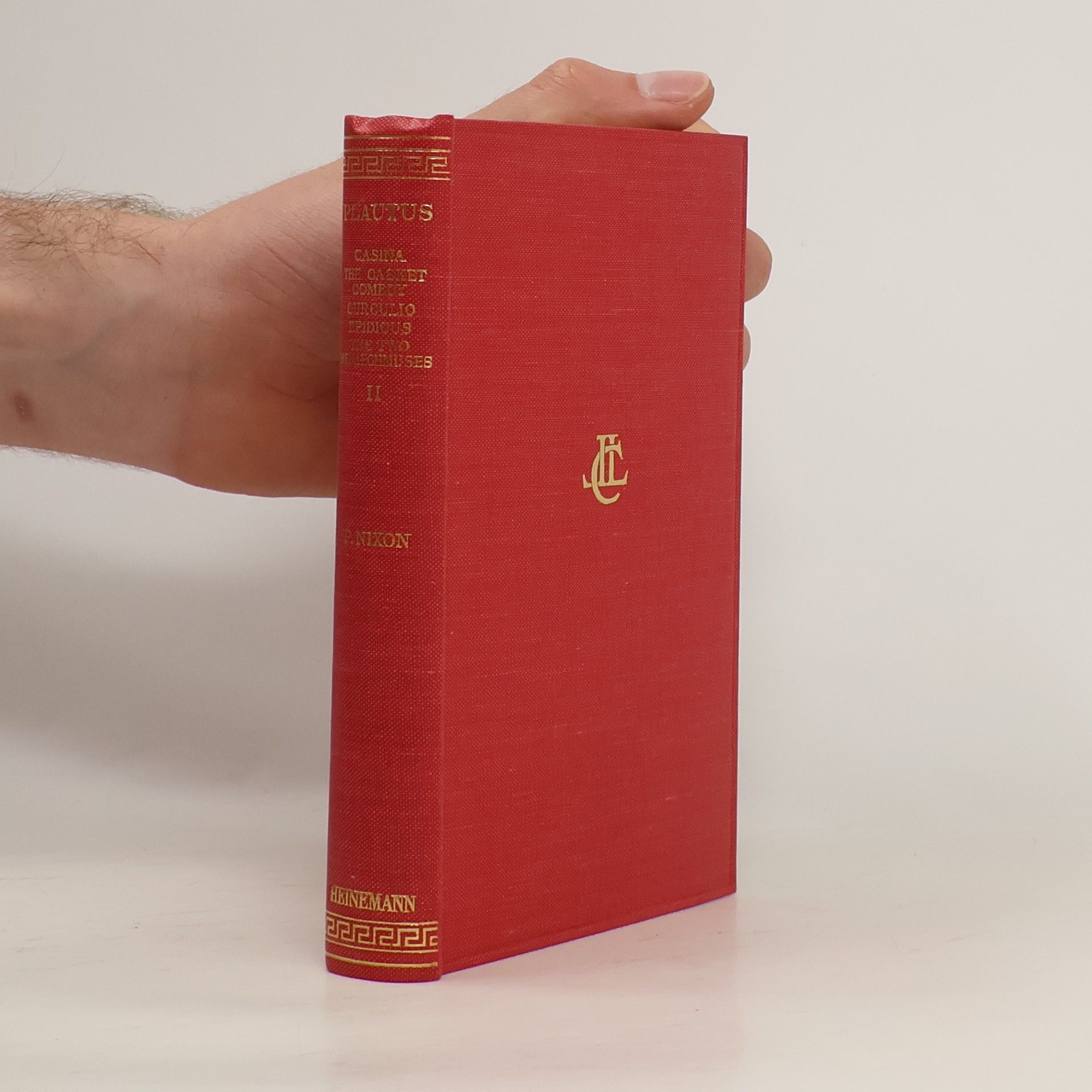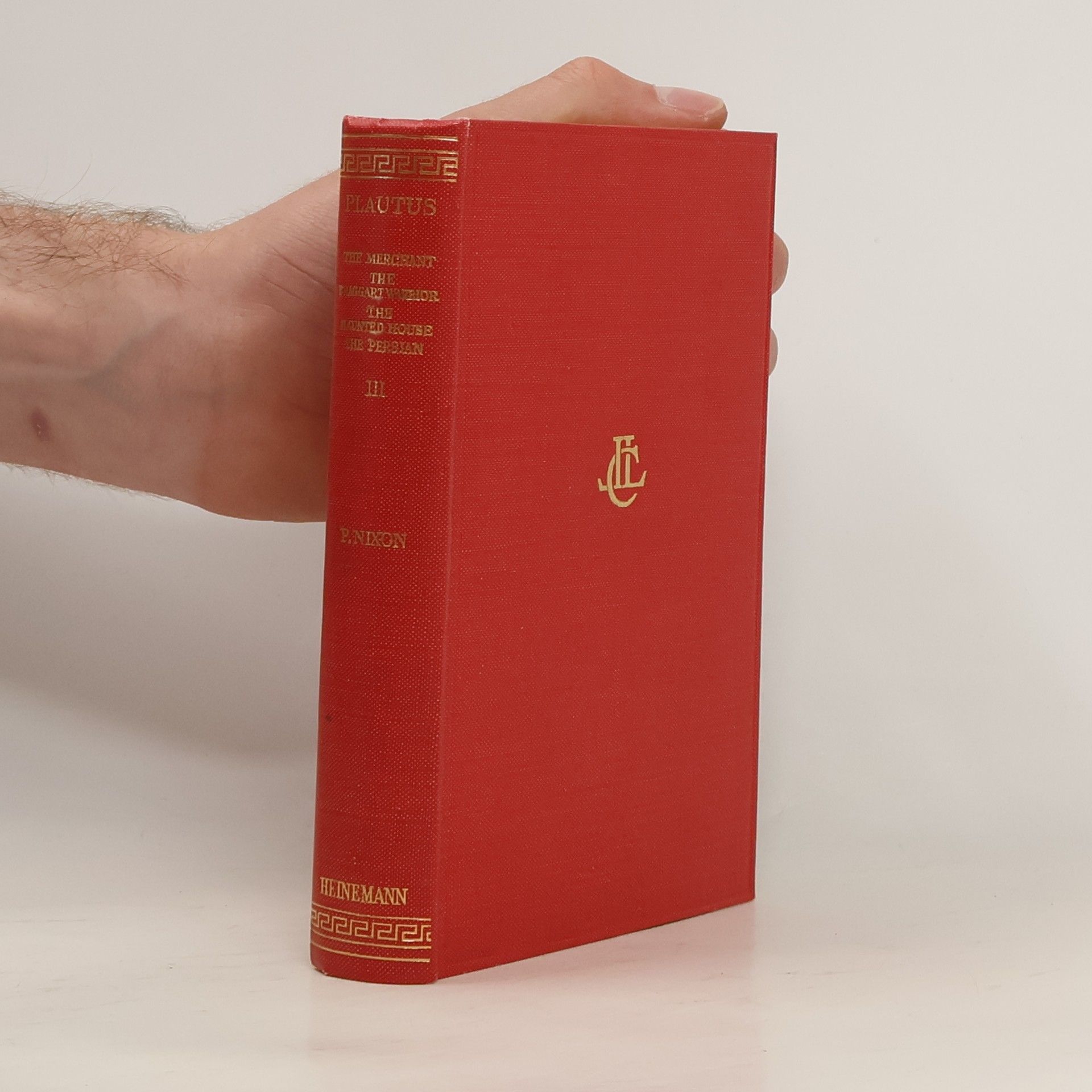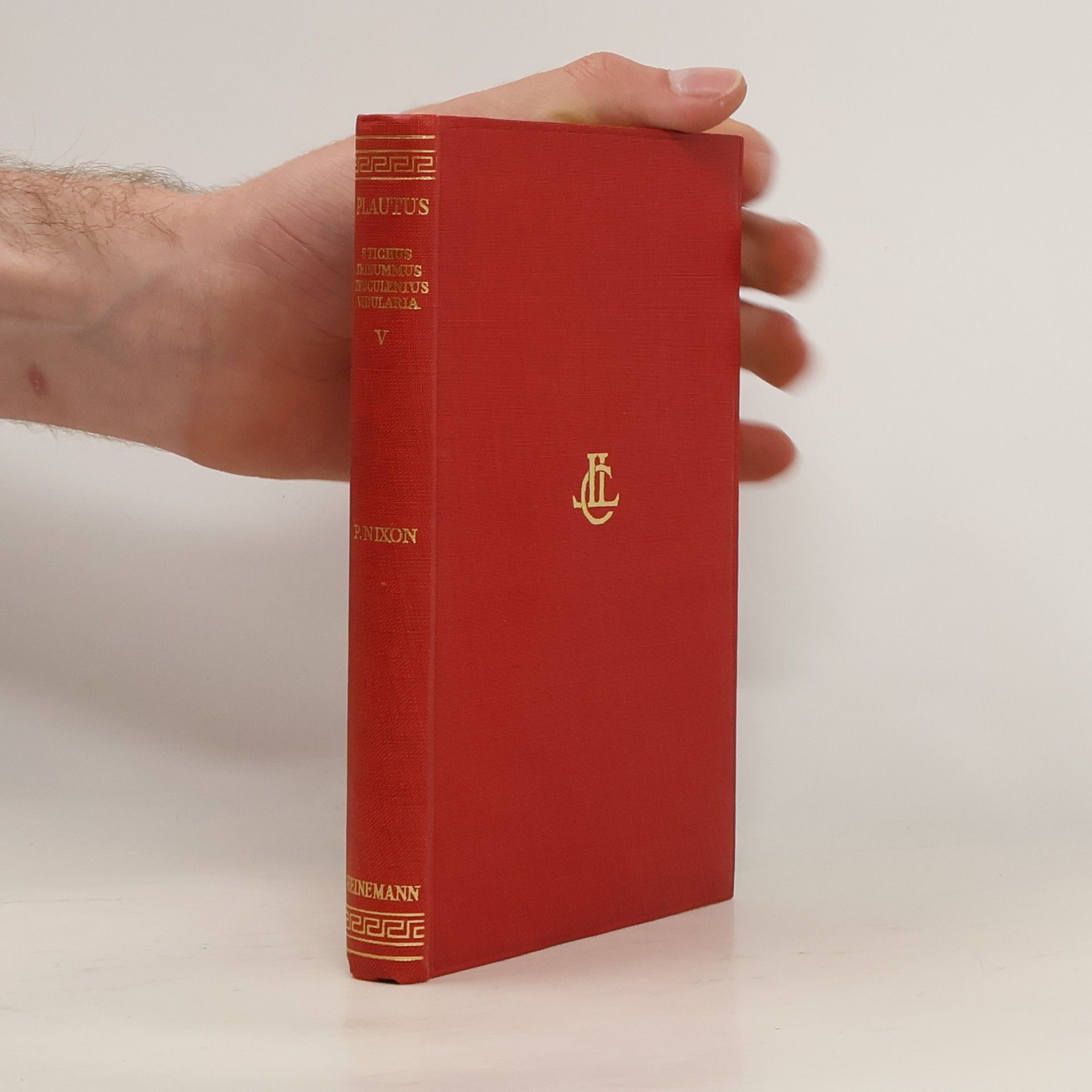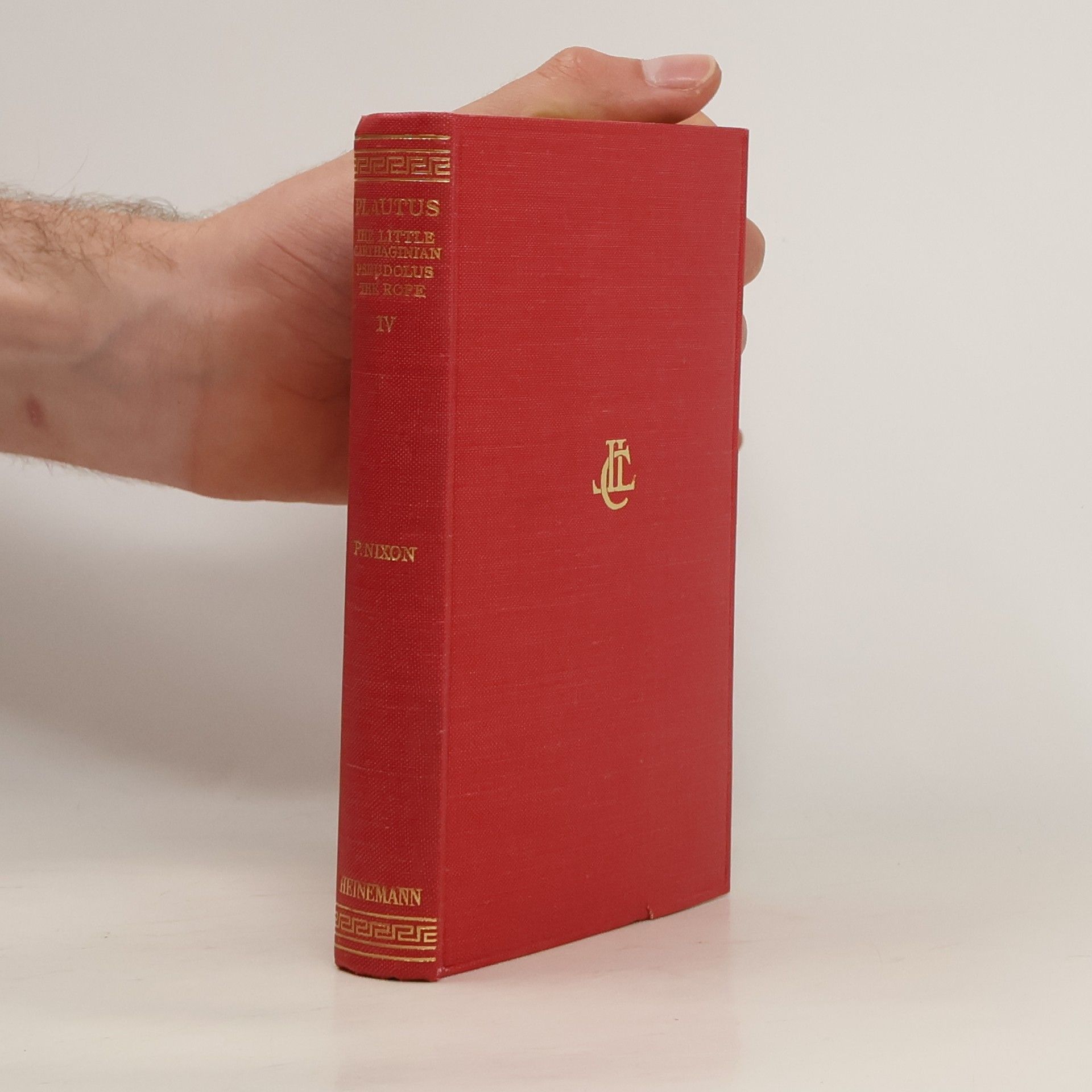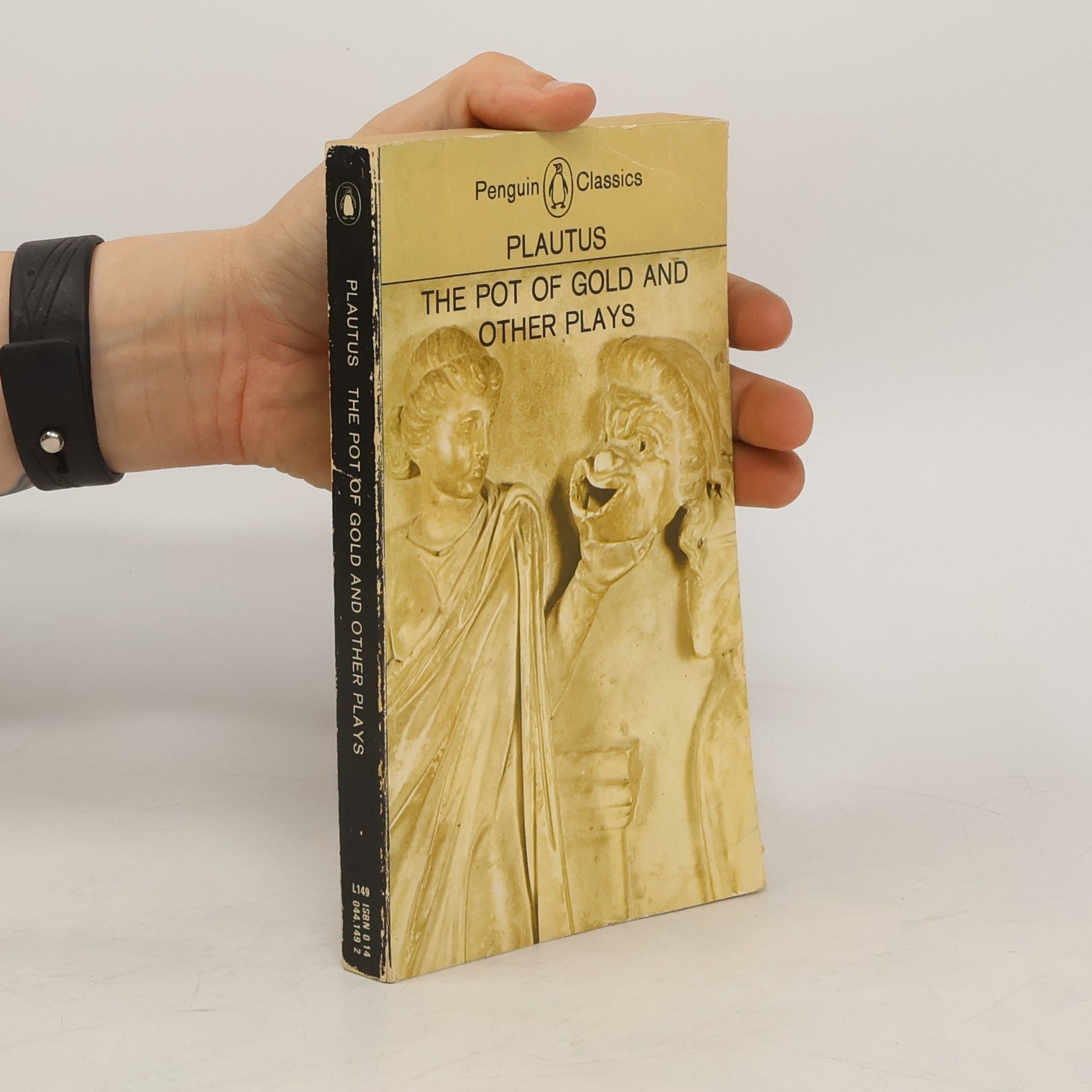L'Avare
- 171pages
- 6 heures de lecture
Harpagon est un vieillard odieux et avare. Avare jusqu'au ridicule, puisqu'il fait comparaître en justice le chat d'un de ses voisins pour lui avoir mangé le reste d'un gigot ! Avare jusqu'au sordide aussi. Ne cherche-t-il pas à prêter à un taux usuraire l'argent qu'il refuse à son fils ? N'est-il pas prêt à vendre sa fille à qui offre de la prendre sans dot ? Quant à sa prétendue attirance pour Mariane, elle ne résiste pas à sa fascination pour l'or. Peut-être la plus célèbre des comédies de Molière, L'Avare s'inspire largement de l'Aulularia, une pièce de théâtre écrite au IIIe siècle avant J-C par le poète latin Plaute.

